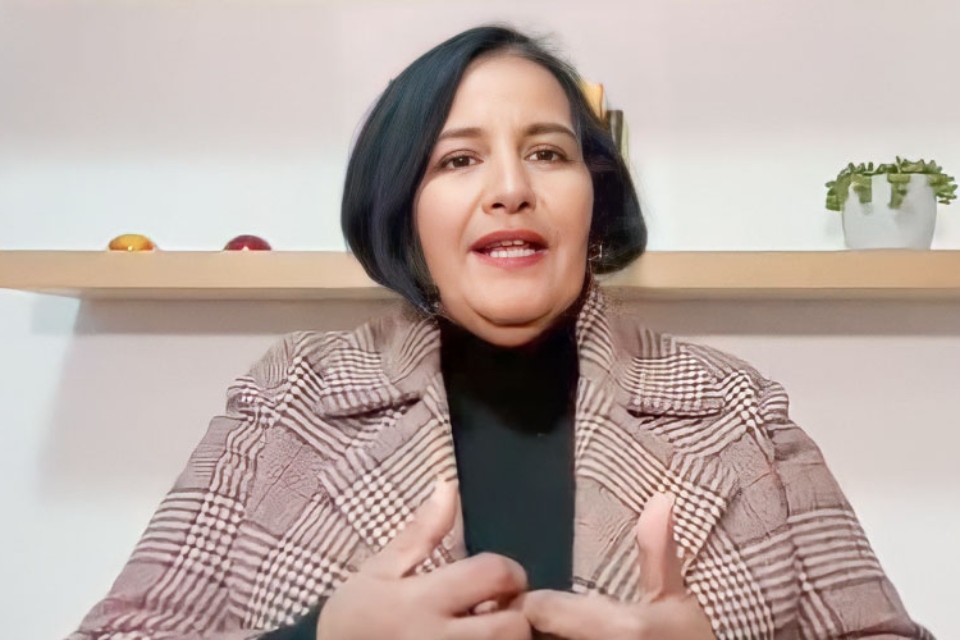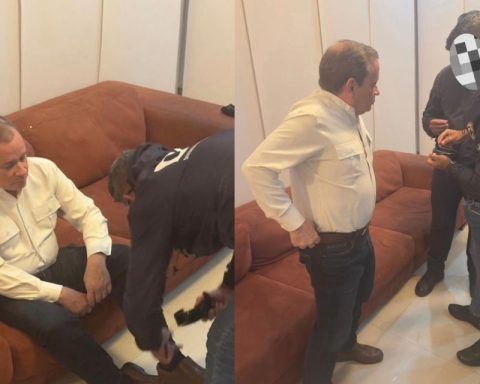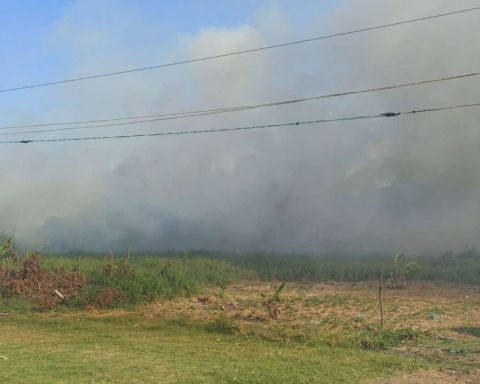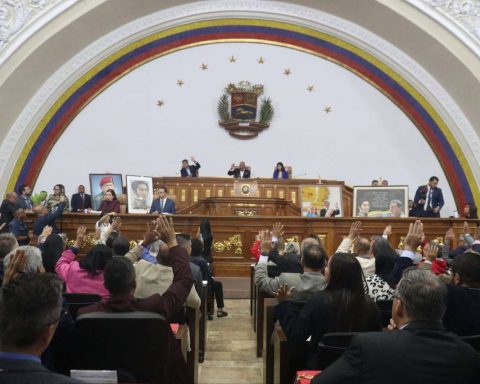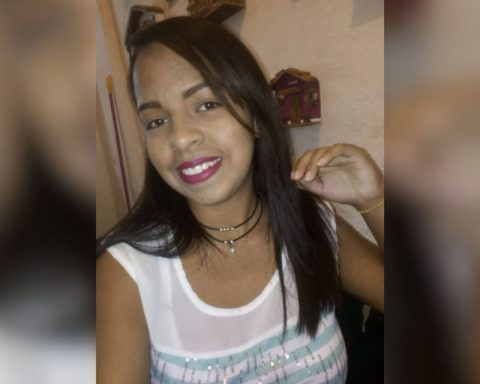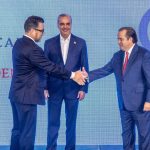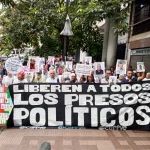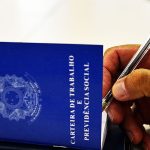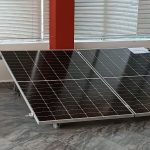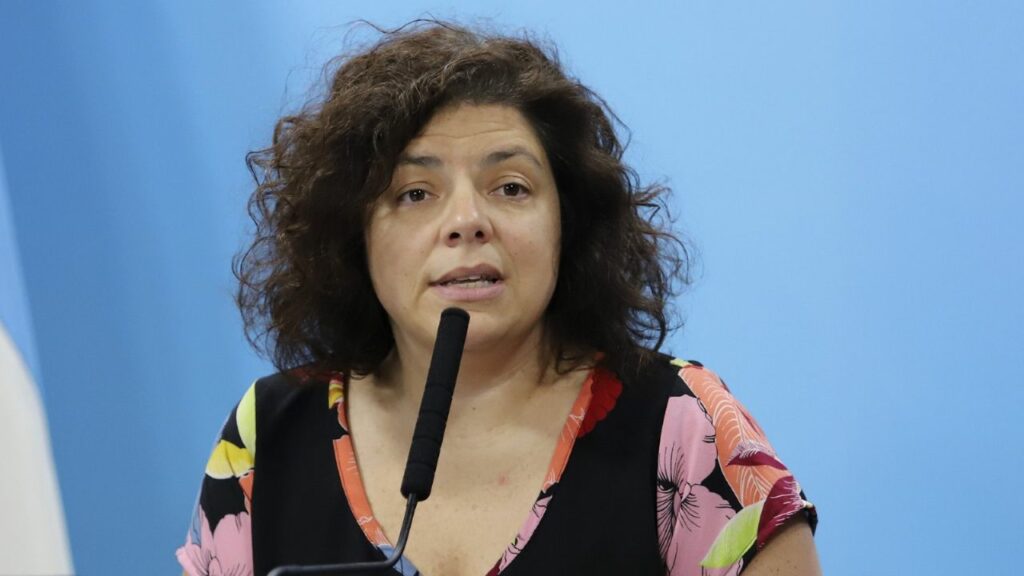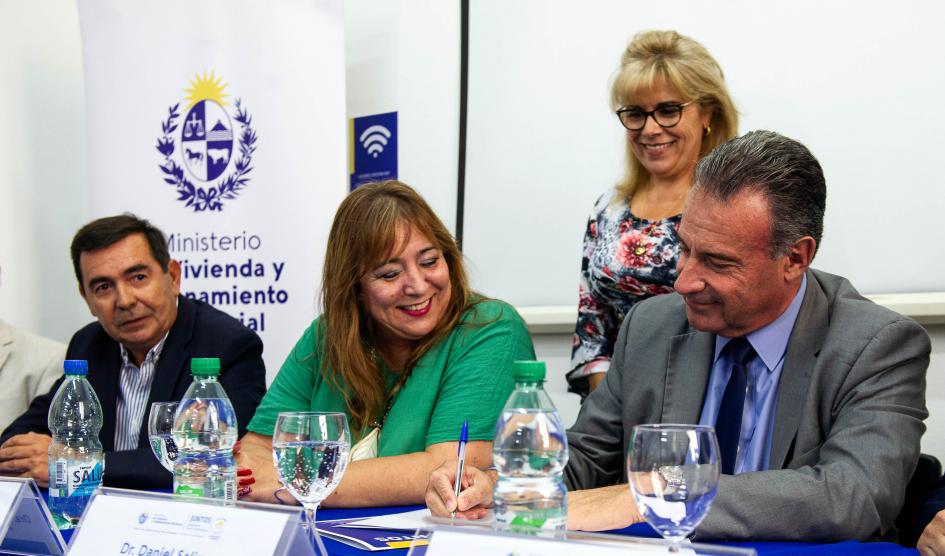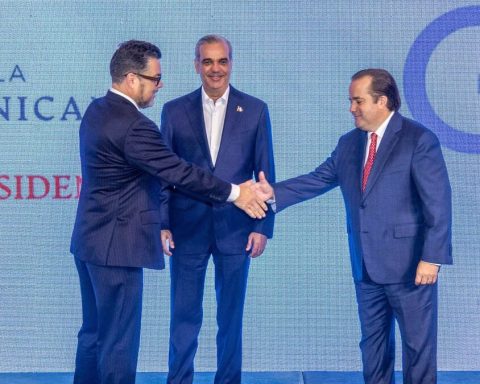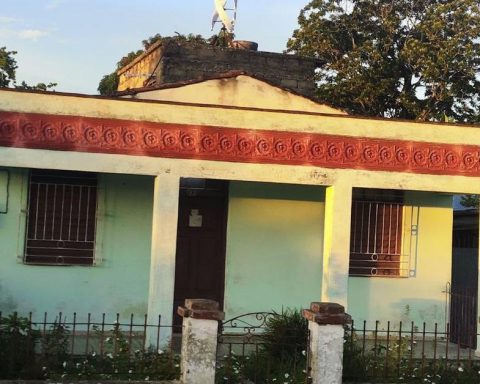Dinorah Figuera, president of the AN 2015, believes that it is possible to achieve a unity similar to that of six years ago when the parliamentarians won. She stressed that there may be differences in that unit, but the important thing is not to fall into internal fights and move towards a higher objective.
The president of the National Assembly elected in 2015, Dinorah Figuera (First Justice), believes that it is possible to rebuild unity after the dissolution of the interim government headed by parliamentarian Juan Guaidó, and achieve something similar to what they obtained six years ago when they won in parliamentary elections.
In an interview published on the portal The Great Village On February 6, Figuera expressed that his duty is to seek unity and that, through the National Primary Commission, the cohesion of the forces that oppose the administration of Nicolás Maduro and the accompaniment of the Unitary Platform in the Mexico negotiations.
He stressed that unity does not mean that the opposing factors are “belly with belly”, but that it avoids falling into internal fights and thinking about the superior well-being that is to build a better Venezuela.
*Read also: “Let’s agree for Venezuela” is born, a coalition for consensus and unity
“The humanitarian crisis requires a response from the opposition to rediscover the path that leads to the recovery of Venezuela. I have apologized to the Venezuelan people for the disagreements. Let’s look ahead. Let’s build that path that has been successful on other occasions,” said Figuera.
In his opinion, the fact that Voluntad Popular politicians are present in the National Assembly after the dissolution of the interim, such as Freddy Guevara, who chairs the Foreign Affairs Commission, and Yon Goicoechea, as a member of the Council of Administration and Participation of Assets (CAPA), is an example of unity in diversity.
Dinorah Figuera explained that CAPA will be an autonomous body, although supervised by the National Assembly, which will work on the protection of assets to try to guarantee the use of resources through surveillance and accountability.
“This was not easy with the interim government. Many times we requested it and it was not done. The interim government handled millions. We reduced to a minimum the cost of Parliament. We’re going another way,” he said.
*Read also: Despite the fact that the power was cut off, Guaidó rendered an “balance” of the interim with few figures
He stressed that they will do everything possible to bring the official delegation back to the negotiating table in Mexico and continue the dialogue. He considers that “Jorge Rodríguez (president AN 2020) does a bad service when he presses for an agreement to be fulfilled and he does so by threatening NGOs, persecuting them. That is state terrorism.”
The parliamentarian acknowledged the loss of support from the international community and that they will work to recover it, at least achieve the same support that Guaidó had in 2019. She stressed that the dissolution of the interim was not something against the leader of Voluntad Popular, but rather a “change of tactics” for something that didn’t work.
“What happened? It’s easy to explain. We spent four years in an invariable situation and we reached a crucial moment in the life of the country: the nations that accompanied us as observers began to ask for another formula to recover the electoral path. This generated a debate. A sector defended the position of prolonging the interim. Another argued that the interim government arose with a provisional character and prolonging it in time would not lead us to anything, but to have eternal deputies, “he explained.
Figuera said that he has sent messages to Guaidó to talk and that he has not received any response.
To read the full interview, click here.
Post Views: 116
